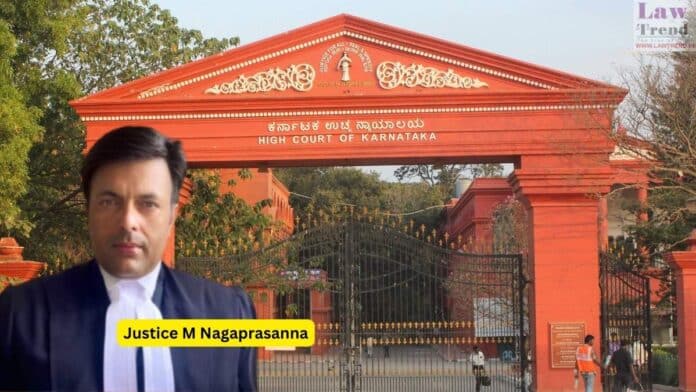In a significant ruling, the Karnataka High Court has quashed a trial court order that rejected an application to treat prosecution witnesses as accused in a case related to illegal mining. Justice M. Nagaprasanna, presiding over the matter, emphasized that individuals who have admitted to committing an offense cannot evade prosecution merely by being designated
To Read More Please Subscribe to VIP Membership for Unlimited Access to All the Articles, Download Available Copies of Judgments/Order, Acess to Central/State Bare Acts, Advertisement Free Content, Access to More than 4000 Legal Drafts( Readymade Editable Formats of Suits, Petitions, Writs, Legal Notices, Divorce Petitions, 138 Notices, Bail Applications etc.) in Hindi and English.




